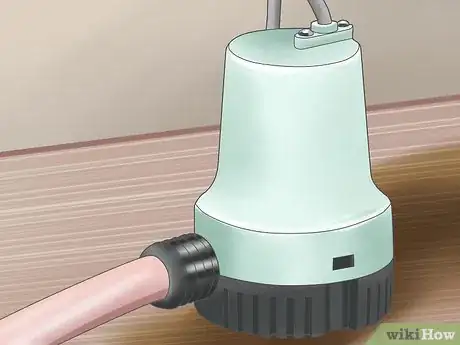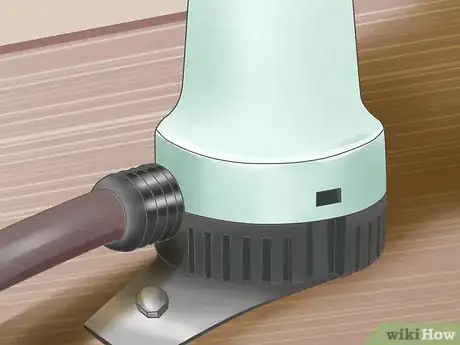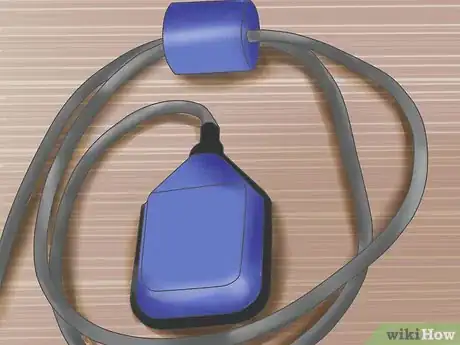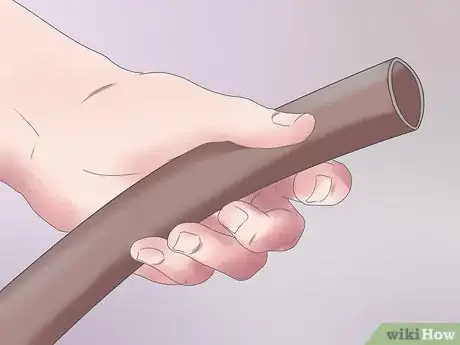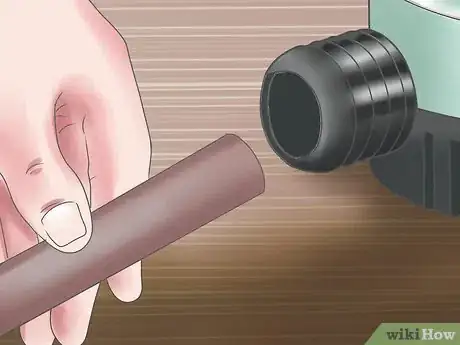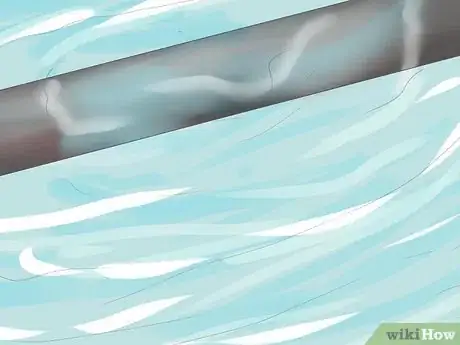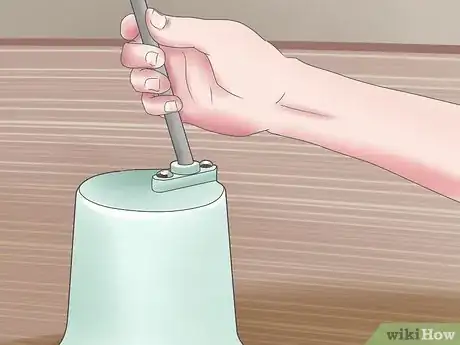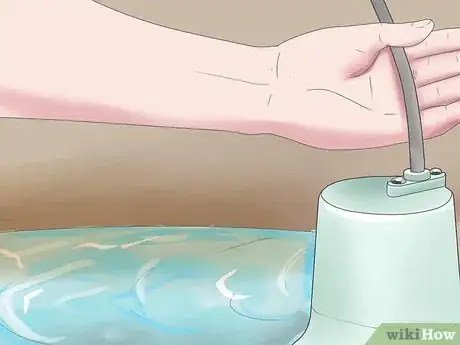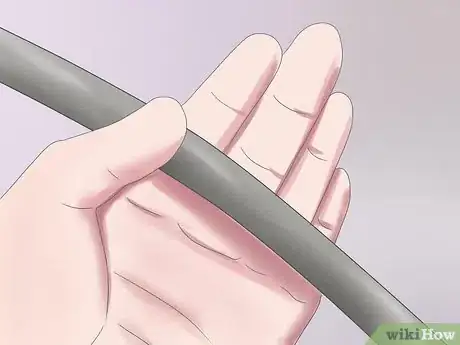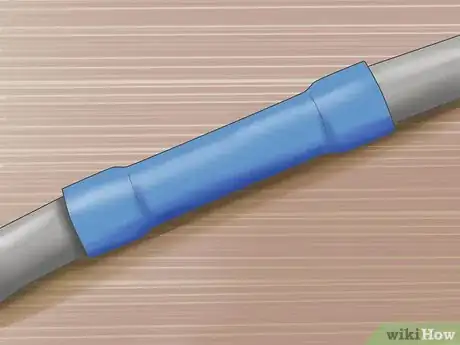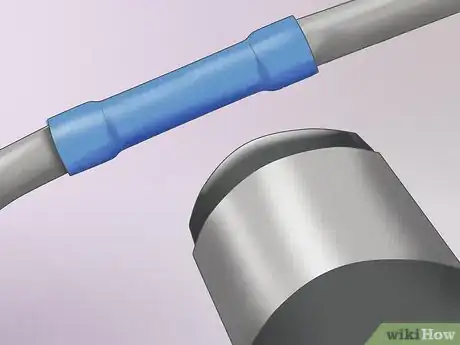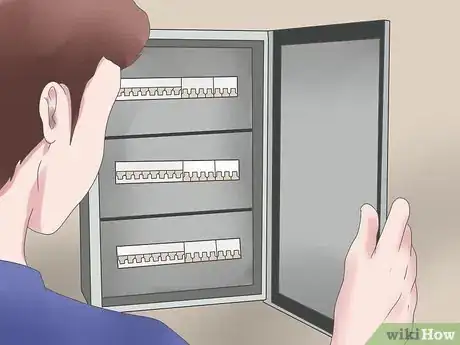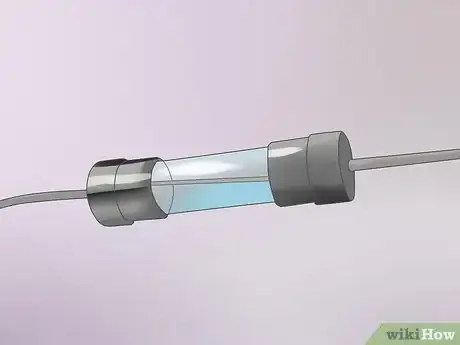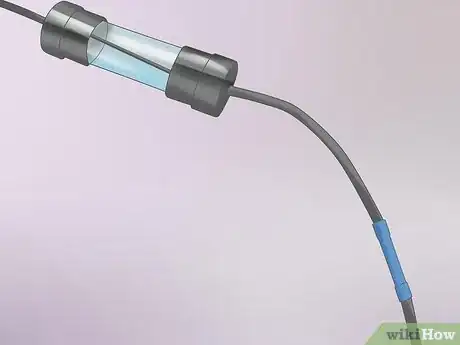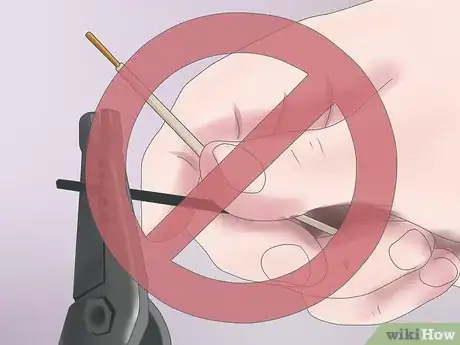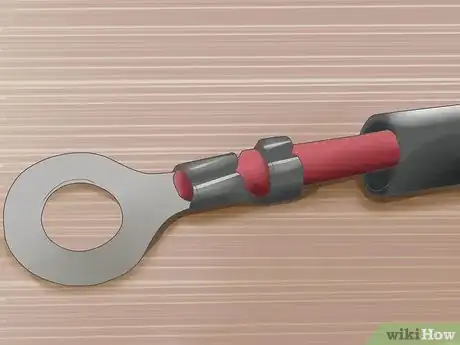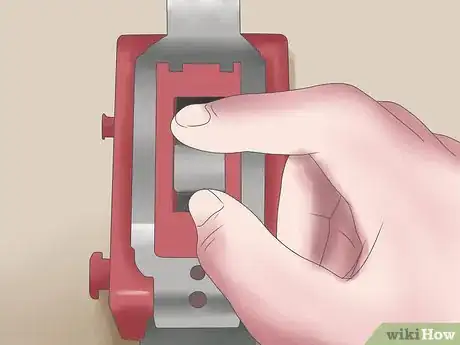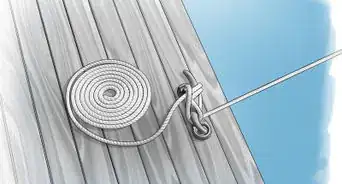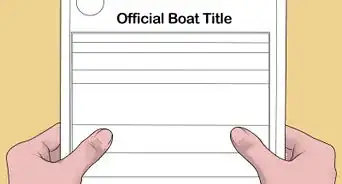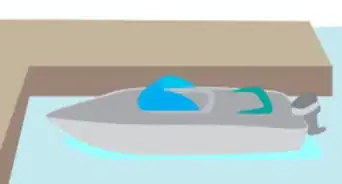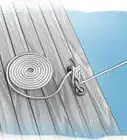X
wikiHow is a “wiki,” similar to Wikipedia, which means that many of our articles are co-written by multiple authors. To create this article, volunteer authors worked to edit and improve it over time.
There are 8 references cited in this article, which can be found at the bottom of the page.
This article has been viewed 86,489 times.
Learn more...
Designed to remove bilge water, the bilge pump is an indispensable part of any boat, yacht or sailing vessel. The installation of this pump, however, can be one of many costly additions to your boat. To save yourself the expense and hassle of enlisting a third party, read the following article to learn how to wire a bilge pump safely in your water vessel.
Steps
-
1
-
2Fasten the bilge pump with brackets or use epoxy to attach bolts to the bilge bottom, which then serve as mounting studs.[3]Advertisement
-
3Mount the float switch.[4]
-
4Connect the pump to the discharge using a hose with a smooth interior.[5]
- Hoses sold with a corrugated interior can reduce water output by as much as 30 percent.
-
5Use as little a hose as possible to make the hose line from the discharge to the pump as straight as possible.
- Bends and additional hosing also contribute to reduced bilge output, so when you wire a bilge pump, the hose should be both short and straight.
-
6Place or mount the discharge well above the water line.[6]
- A submerged discharge will siphon from the surrounding water into the bilge only to have the bilge pump eject it again. This cycle continues until the battery is exhausted.
-
7Lead bilge pump wiring up and out of the bilge in a timely manner.
-
8Secure wiring so it does not sag or come in contact with the bilge water.
-
9Use adequately sized wiring for the bilge pump.
- Always check the literature which came with your pump for suggested wire size and allowable distance. You may also attempt to contact the manufacturer for a suggested wire size should you be unable to determine the wire size on your own. It is recommended by the ABYC that the voltage drop be less than 3% for this wire run so the use of a voltage drop calculator and ABYC Wire Size Table can help ensure your wire is appropriate to the specifications of your pump and boat.
-
10Use crimp-on butt connectors between the pump leads and supply wires.
- Waterproof these connections using heat shrink tubing.
-
11Center the tubing over the butt connectors and apply adequate heat to shrink the tubing.
- Be certain the bilge does not contain any flammable fumes before administering the heat.
-
12Connect the bilge pump directly to the battery.[7]
- When wiring a bilge pump, do not go through the distribution panel. Even when the boat power is off, the bilge pump should still be able to receive power.
-
13Install a fuse in the positive wire very close to the battery.
-
14If your 3-way switch panel does not come with a fuse, this must be attached using another crimp-on butt connector.
-
15Loop supply wires under the battery's terminal wing nuts.[8]
- Do not strip the wires first.
-
16Install crimp-on ring terminals followed by a copper washer between the ring terminal and the wing nut.[9]
-
17Wire your float switch to your 3-way switch.
- This allows you the freedom to select off, on or automatic.
Advertisement
Warnings
- Only use copper washers in your bilge pump installation and wiring. Steel washers are arguably more abundant, but they should not be used.⧼thumbs_response⧽
Advertisement
Things You'll Need
- Brackets or bolts
- Epoxy
- Bilge pump
- Float switch
- Smooth interior hose
- 8-gauge or 10-gauge wire
- ABYC wire size table
- Battery
- Crimp-on butt connectors
- Heat shrink tubing
- Crimp-on ring terminals
- Copper washers
- Ties or cable clamps
References
- ↑ https://www.boatus.com/boattech/casey/installing-bilge-pump.asp
- ↑ https://www.youtube.com/watch?v=vtTSzyA8X-M
- ↑ https://www.boatus.com/boattech/casey/installing-bilge-pump.asp
- ↑ https://www.boatus.com/boattech/casey/installing-bilge-pump.asp
- ↑ https://www.boatus.com/boattech/casey/installing-bilge-pump.asp
- ↑ https://www.boatus.com/boattech/casey/installing-bilge-pump.asp
- ↑ https://www.youtube.com/watch?v=zStWJU-uzaw
- ↑ https://www.youtube.com/watch?v=nYxlwggzWLs
- ↑ https://www.youtube.com/watch?v=g83q0tJMHCI
About This Article
Advertisement
